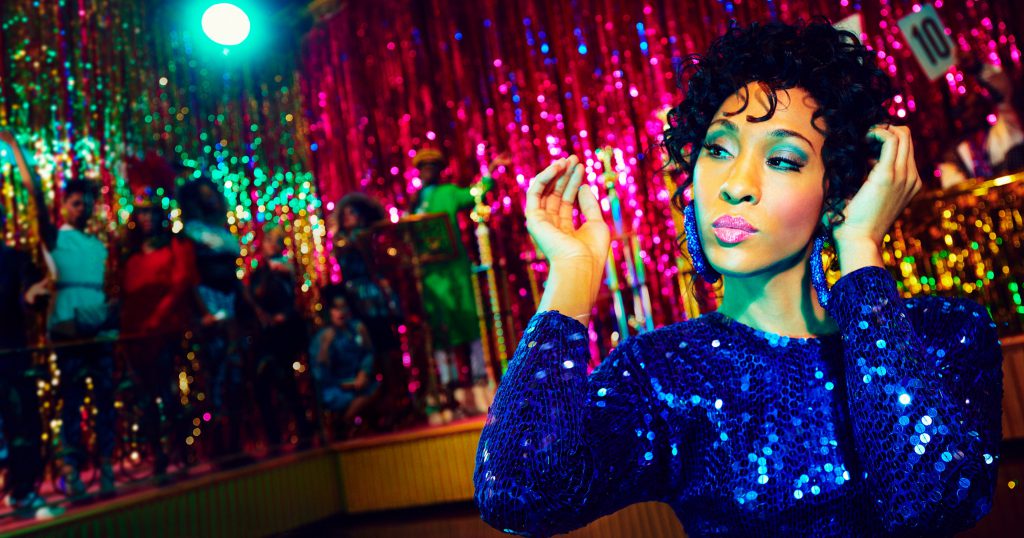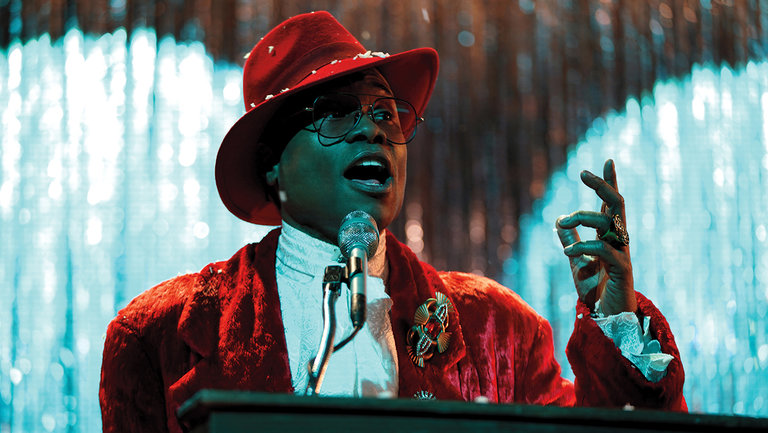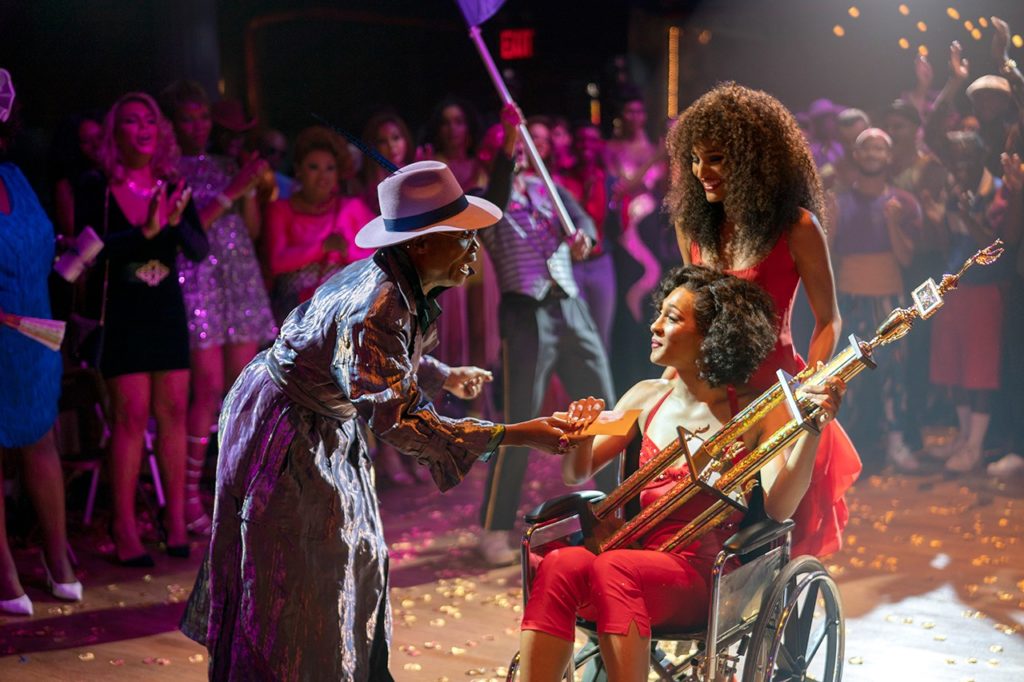When I first started on the path of becoming an EDI professional, I concentrated on learning most about the areas outside my lived experience – I’ve written extensively on my experience as a woman of colour from a working-class background, and my life as a working partner and parent. My understanding of my own sexual orientation is continually developing, and I am a firm Q (of LGBTQ+) for questioning. Over the years I have continued to educate myself and learn about the lives and experiences of others to try and understand myself, as well as to be the good ally I aspire to be and to do my job effectively.
I was overjoyed recently to discover Pose which, as Alex Prestage said to me, is a dramatized version of the excellent documentary, Paris Is Burning, exploring the guts and glamour of New York’s ballroom scene in the late 80s and the exclusion from mainstream culture and society experienced by gay and trans people.

Notice what it’s all about. Being able to fit into the straight, white world and embody the American dream. We don’t have access to that dream, and it’s not because of ability, trust me. – Blanca Evangelista
I must confess, I didn’t know about the ‘ballroom’ scene until very recently and I have to thank my team for making the introduction. The ballroom scene draws a largely gay, mostly black and Latinx, crowd to watch mainly, though not exclusively, trans performers competing for trophies by performing (“walking”) in certain ‘categories’. Paris Is Burning tells the story behind Madonna’s 1990 single Vogue and clearly lays the foundation for the enormously popular RuPaul’s Drag Race. This was one of the main revelations for me. These are now part of my everyday life and cultural bank yet I had no idea where they came from or what their original meanings were.
With sharp dialogue, exquisite music, an abundance of dancing and sex, all heavily costumed and glittered, Pose is simultaneously riven with racism, sexism and transphobia. I watched with sadness and disbelief as many of its characters, all gay and trans people of colour, are rejected by their biological families and find solace in a community or chosen families and spaces where they are able to express themselves freely.

People came because they needed a place of comfort, they needed a family, they needed a house mother. – Pray Tell.
The AIDS crisis is a strong motif throughout the show, and explores how misinformation and stigma exacerbate marginalisation and the impact this has on LGBTQ+ people and communities.
For me it was very much a story of family and friendship. As I tweeted afterwards:
I felt I had become close personal friends of each of the characters and now can’t believe I won’t be seeing them every day.
(For more follow me @equalitywarrior)
Pose shows us that what might to some seem frivolous or ridiculous can serve as a source of hope, comfort and nurturing.
One of the things I loved, and would like to see more of, is the presentation of trans and gender diverse people not as comedic, pantomime characters, but as rounded, everyday human beings. While much of the public discourse on trans and gender diverse people seems transfixed on their bodies, Pose lets us into these characters’ hearts, minds and souls. The show gives us insights into how they feel about themselves. I realised how little I was thinking about their bodies at all. Pose has the largest transgender cast of any commercial, scripted TV show. The show sends a message of love and of understanding and education about lives that many do not understand and so choose to reject.
Whilst it would be silly to claim that watching a couple of TV shows can fully inform me about the lived experience of trans and gender diverse people, it does demonstrate that there are multiple ways to learn. Well-made TV programmes can give you an insight into the lives of others and we all, in my view, have a duty to educate ourselves. I also believe if more people could watch a programme like Pose with an open mind and an open heart, we might all be more willing and able to tackle trans and homophobia.
